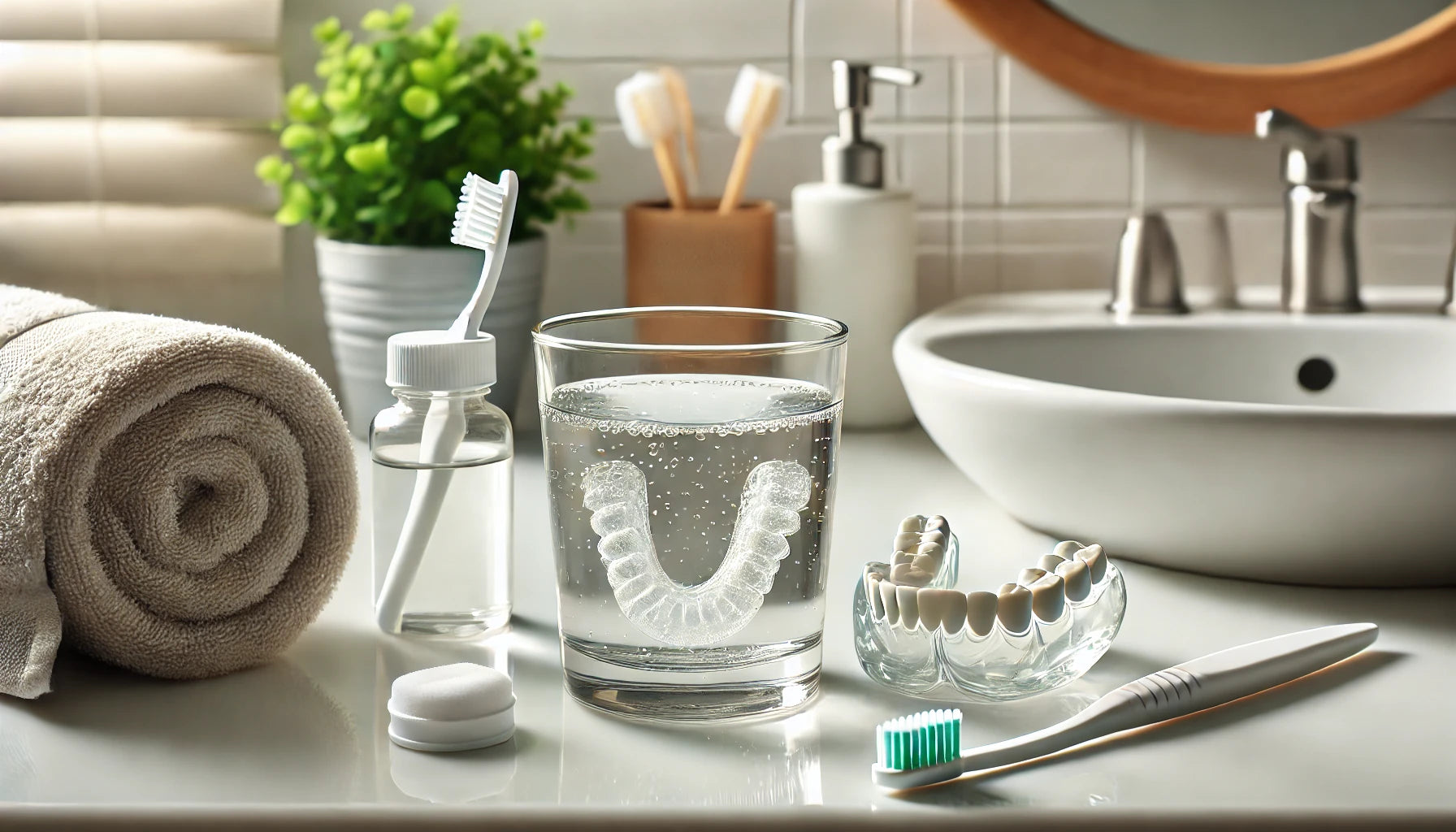The Connection Between Oral Health and Overall Wellness
Oral health extends far beyond the confines of a beautiful smile; it’s an integral component of overall wellness. As we delve deeper into the remarkable relationship between oral hygiene and general health, we uncover how simple practices can pave the way for stronger immunity, reduced disease risk, and enhanced quality of life. This article shall explore the significance of oral hygiene, the care of dental appliances, such as retainers, and their pivotal role in ensuring our long-term health.
The Importance of Oral Hygiene
Proper oral hygiene is the foundation of good dental health. It encompasses brushing teeth at least twice a day, flossing regularly, and visiting the dentist for routine check-ups. Neglecting these fundamental practices can lead to plaque buildup, tooth decay, and gum disease, all of which can adversely affect overall health.
According to the World Health Organization, oral diseases are a major public health issue affecting both developed and developing countries. Poor oral health is linked to numerous systemic diseases, including heart disease, diabetes, and respiratory infections. Understanding these connections is vital for individuals looking to maintain optimal health.
How Oral Health Impacts Overall Wellness
1. Cardiovascular Health:
Studies have shown significant correlations between periodontal disease and heart disease. The inflammation and bacteria involved in gum disease can enter the bloodstream, potentially leading to atherosclerosis and increasing the risk of heart attacks and strokes. Consistent oral hygiene can reduce these risks, highlighting the necessity for regular brushing and flossing.
2. Diabetes Management:
Diabetic individuals need to be especially vigilant about their oral health. Gum disease can cause a rise in blood sugar levels, while high glucose levels can lead to more severe oral infections. Regular dental visits and proper care reduce the risk of complications in diabetic individuals, ensuring that oral and overall health are kept in balance.
3. Respiratory Health:
Poor oral hygiene can result in the inhalation of bacteria from the mouth into the lungs, increasing the risk of pneumonia and other respiratory diseases. Regular cleaning and maintenance of your mouth play a crucial role in preventing such health complications.
4. Nutritional Health:
Oral health impacts a person's ability to eat a balanced diet. Missing teeth and painful gums can lead to dietary restrictions, causing nutritional deficiencies that can affect physical and mental health. Maintaining healthy gums and teeth is essential for enjoying a diverse and nutritious diet.
The Role of Retainers in Oral Health
Retainers are dental devices primarily used to maintain teeth in their new positions following orthodontic treatment. While they serve a functional purpose for maintaining alignment, they also require diligent care to ensure they do not contribute to oral health issues.
Proper Care for Retainers
1. Regular Cleaning:
Retainers should be cleaned daily to prevent bacterial growth and plaque buildup. Use a soft toothbrush and a non-abrasive toothpaste, or soak them in a solution recommended by your orthodontist.
2. Avoid Heat:
Never expose retainers to hot water or environments, as heat can warp the plastic or metal components, resulting in a poor fit and potential oral health issues.
3. Storage and Maintenance:
When not in use, store retainers in a protective case to avoid damage or contamination. Regular check-ups with your orthodontist can help ensure that they are in good condition and that your oral health remains intact.
4. Avoiding Hard or Sticky Foods:
While wearing retainers, it's best to avoid foods that could damage them or get stuck in them. Be vigilant about your diet to prolong the life of your retainers and maintain oral health.
5. Routine Dental Visits:
Regular dental visits are crucial for maintaining oral health and ensuring that your retainers are functioning correctly. Dentists can provide professional cleaning services and assess the overall health of your teeth and gums.
The Interconnection of Oral Hygiene and Systemic Health
As science delves deeper into the relationship between oral hygiene and systemic health, it becomes apparent that a holistic approach is necessary. Each aspect of health influences the others, reinforcing the idea that maintaining good oral hygiene is not just about achieving that radiant smile, but about nourishing the body and mind at a comprehensive level.
Mental Health Benefits
Maintaining good oral hygiene can also have a positive impact on mental health. Dental issues can cause pain, discomfort, and embarrassment, leading to feelings of anxiety and low self-esteem. Taking care of your oral health can improve confidence levels and reduce the risk of mental health disorders.
Social Interaction
Good oral health improves social interactions. A clean, healthy mouth allows individuals to communicate without fear of judgment concerning breath or appearance. This leads to better social engagement and can enhance overall well-being.
Conclusion
The connection between oral health and overall wellness is undeniable. Practicing proper oral hygiene and caring for appliances like retainers plays a critical role in maintaining one's health. From preventing chronic diseases to enhancing mental health and ensuring effective communication, the benefits of a clean and functional mouth resonate throughout the body.
Prioritize your oral health by committing to proper hygiene routines, regular dental check-ups, and careful management of orthodontic appliances. By doing so, you will pave the way for a healthier, happier life. Taking these steps is not just an act of self-care; it’s a vital investment in your overall wellness.


